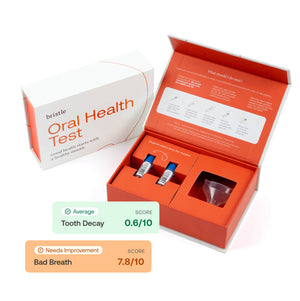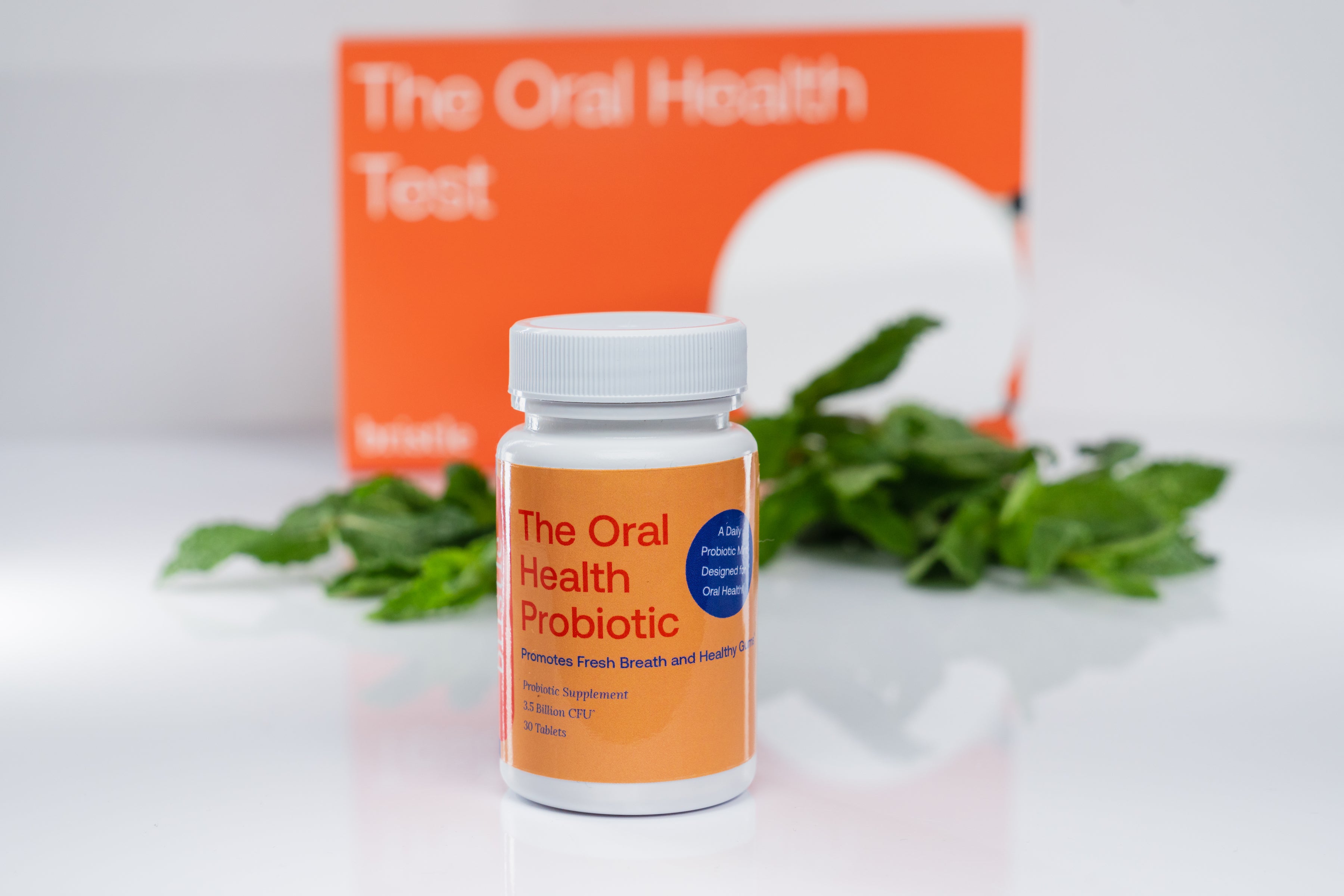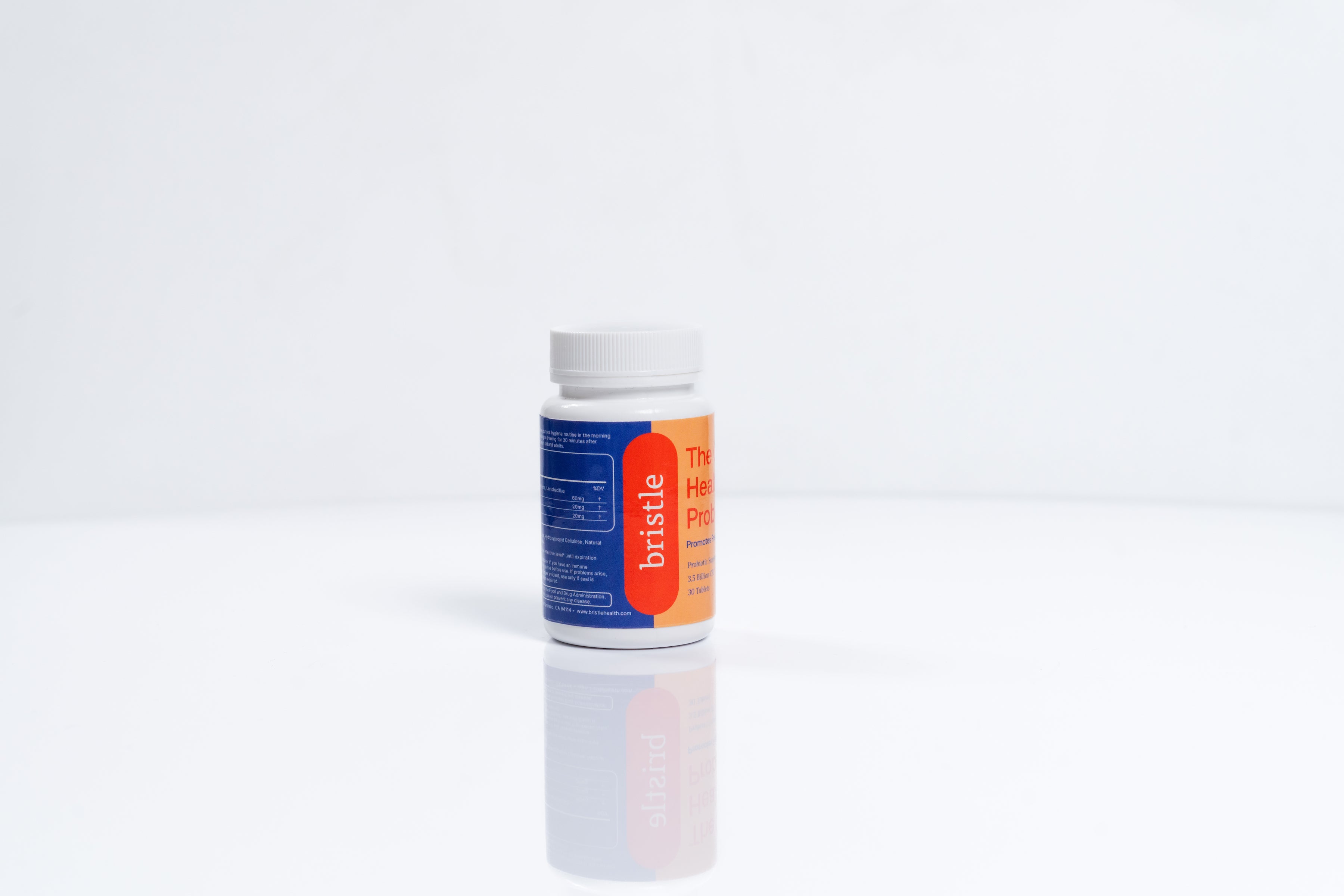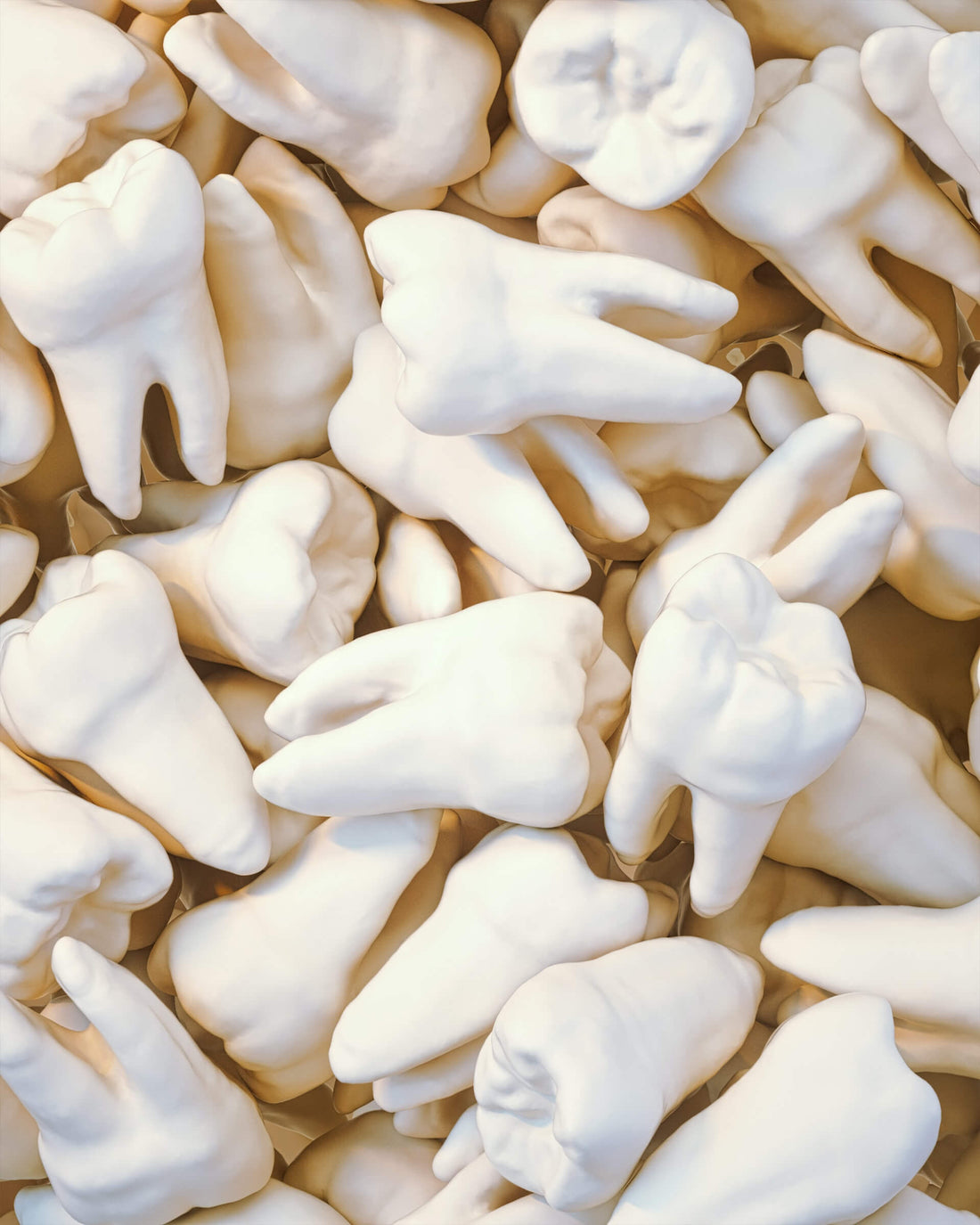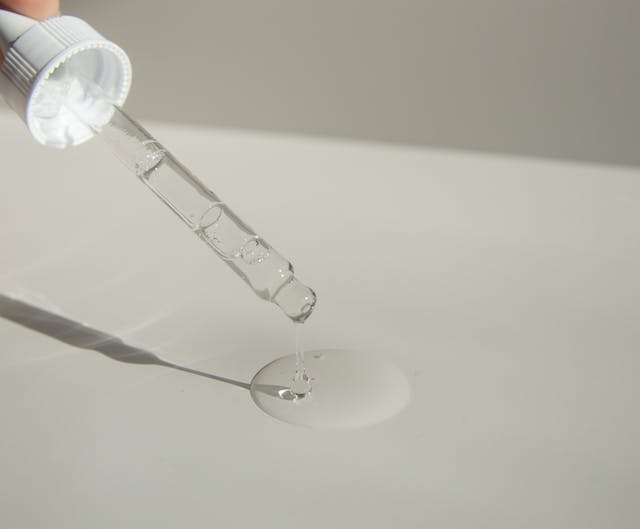88% of adults over the age of 65 and 50% of those ages 18-64 suffer from gum recession. It's a painful condition that often serves as the first sign of gum disease and eventual tooth loss.
Many patients don't know enough about this common condition to protect themselves from it. They may not be able to recognize the signs in time or know what lifestyle choices contribute to it.
Being able to spot the signs before it leads to lasting deterioration is important for your oral health. Read on to learn what causes receding gums, the symptoms they lead to, and how to get them treated.
What Causes Receding Gums?
A receding gum line is almost like a receding hairline, pulling back to expose what's underneath. The difference is that it's a much more serious condition. Receding gums can lead to lasting dental issues such as infection and tooth loss.
One reason that receding gums are such a common problem is that it can be difficult to determine what's causing them. Contributing factors include trauma to the mouth, periodontal treatments, gum disease, and lifestyle and medical factors.
Trauma
Trauma to your mouth can be caused by anything from bumping into an object to brushing with too much force. It can also lead to receding gums if the trauma lasts long enough. There are several types, including chronic and oscular.
Low-level and long-lasting trauma, also known as chronic trauma, is often caused by overly forceful brushing. It wounds the gums and causes them to recede over a long period of time.
Oscular trauma is best diagnosed by radiographs from your dentist. They'll be able to notice its characteristics enlargement of the periodontal space and vertical bone loss that usually forms a V-shaped space.
Periodontal Treatment
Periodontal treatments include all types of dental surgeries, such as crowns, extractions, and root canals. They can also lead to receding gums. If a surgery leads to infection, the tissue of your gums will begin to deteriorate and leave your teeth exposed.
Gum Disease
Gum disease is one of the primary causes of receding gums. It comes in two forms; the more mild gingivitis and a serious condition known as periodontitis.
They're both caused by a buildup of bacteria in your mouth. It turns into plaque and tartar that cover your gums and teeth.
Symptoms of gum disease include bad breath and painful, inflamed, infected gums. It can lead to tooth damage and loss. These same symptoms may also occur in severe cases of gum recession.
Lifestyle and Medical Factors
Another way that gum disease and gum recession are connected is that they share many of the same risk factors.
Other than age, medical explanations include hormonal changes, genetics, and diabetes. Lifestyle factors include smoking or chewing tobacco, poor dental hygiene, and poor nutrition.
Changing certain aspects of your lifestyle can prevent and reduce the pain from receding gums, but a more serious treatment plan may be required in some cases.
Gum disease affects your entire body and increases the risk of cardiovascular disease, cancer, diabetes, and Alzheimer's, all of which can be found on the leading list of causes of death in the US. A receding gum line is one of the first signs and should never be ignored.
What Are the Symptoms of Receding Gums?
One of the biggest signs of receding gums is one or more teeth with the root or cementum exposed. Check your mouth every so often to be sure that your gums are staying in place.
There are also several other signs of receding gums to look out for.
Gums that are beginning to recede may bleed, which is why you shouldn't ignore blood when you brush or floss. They may also retain plaque, so take notice if you can't seem to keep your teeth clean no matter how hard you try.
Receding gums may also become hypersensitive to hot or cold stimuli. Being unable to enjoy your favorite hot coffee or cold cup of water is a cry for help from your mouth.
The likelihood of developing root carries increases when gums begin to recede. The condition may also cause teeth to stick out and look unattractive.
If you notice any of these common receding gum symptoms or have general pain and discomfort throughout your mouth, see a dentist right away.
What Are My Receding Gum Treatment Options?
Most cases of receding gums require minimal treatment or are left alone completely. Dentists only intervene when it compromises the health of your teeth. Improving your oral hygiene routine may be enough to reduce inflammation and plaque buildup.
In certain cases, you and your dentist may agree that intervention is necessary. There are several types of receding gum treatment methods to consider, including aesthetic and surgical.
Your aesthetic options include restorations, crowns, veneers, and gingival masks. These methods will hide the unattractive elements of the condition such as a receding gum line or v-shaped missing space in your mouth.
Surgical options are usually only considered in serious cases. They include:
These treatment options will help restore your mouth to its original appearance and alignment. You'll look better, be able to eat and drink without pain, and reduce the risk of developing an oral condition that's even worse.
How Can I Find Out If I Have Receding Gums?
There's no single answer to a question like "what causes receding gums." Your risk of developing it is determined by a range of medical and lifestyle factors.
Visit your dentist if you notice any symptoms such as exposed teeth, pain, or inflammation. The sooner you get them treated, the more likely it is that you'll be able to avoid a serious case of gum disease.
Bristle can help you gauge the health of your entire mouth microbiome and stop dental conditions like receding gums before they become a major issue. Join the waitlist for our oral health test today.

